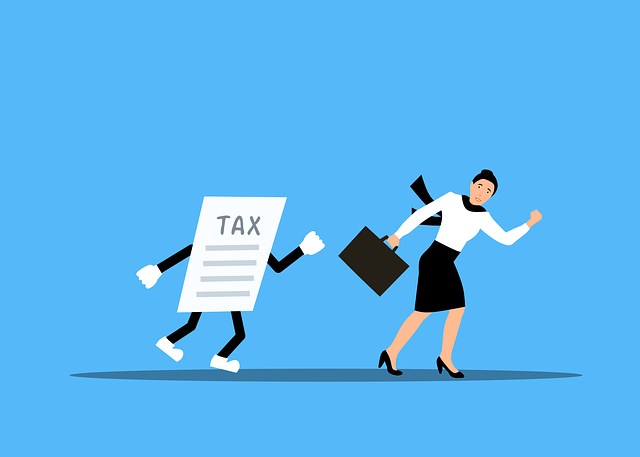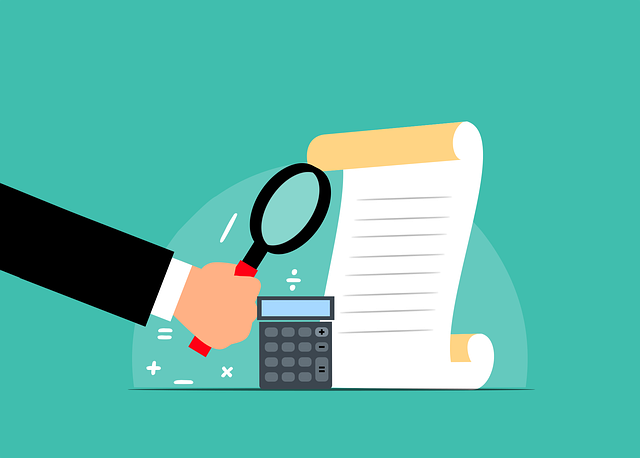South African sole proprietors enjoy business autonomy but face full personal liability. Strategic self-employment tax planning, involving SARS registration and compliance with income tax, UIF, and medical aid contributions, is key to success. This includes detailed record-keeping, understanding deductions & allowances, staying informed about regulations, and consulting professionals for tailored guidance. Effective planning optimizes financial situations, fosters better management, and drives business growth while navigating South Africa's unique self-employment tax landscape.
In South Africa, understanding tax obligations is crucial for sole proprietors navigating the complex landscape of self-employment. This guide delves into the key aspects of tax management for these individuals, including registration processes and income tax considerations. By exploring strategies for effective tax planning, entrepreneurs can ensure compliance while optimising their financial position. Discover essential insights on self-employment tax planning in South Africa to help you thrive in your business.
- What is a Sole Proprietor in South Africa?
- Tax Obligations for Self-Employed Individuals
- Registering for Tax Purposes in South Africa
- Understanding Income Tax on Self-Employment
- Planning and Strategies for Effective Tax Management
What is a Sole Proprietor in South Africa?

In South Africa, a sole proprietor is an individual who owns and operates a business alone, without any partners or shareholders. This is one of the most common business structures in the country, particularly for small-scale entrepreneurs and freelancers. As a sole proprietor, you have full control over your business decisions, which offers flexibility and autonomy. However, this also means that you are personally liable for all aspects of your business, including its debts and obligations.
For self-employed individuals in South Africa, tax planning is a crucial aspect of running a successful business. As a sole proprietor, you must register for tax with the South African Revenue Service (SARS) and comply with various tax obligations. This includes paying income tax on your business profits, as well as contributing to social security schemes like UIF (Unemployment Insurance Fund) and medical aid. Effective self-employment tax planning can help ensure that you meet these requirements while also minimizing your tax burden, allowing for better financial management and growth of your business.
Tax Obligations for Self-Employed Individuals

For self-employed individuals in South Africa, navigating tax obligations is a crucial aspect of running a successful business. As sole proprietors, they are responsible for their own taxation, which can be both an exciting opportunity and a challenging task. The self-employment tax planning process involves understanding various deductions, allowances, and requirements to optimize their financial situation. By strategically managing expenses, recording income accurately, and staying informed about relevant tax laws, self-employed South Africans can ensure compliance while minimizing their tax burden.
Effective tax planning for self-employment in South Africa requires a comprehensive approach. This includes keeping detailed records of business-related costs, such as office expenses, travel allowances, and equipment depreciation. Additionally, self-employed individuals should be aware of the available tax credits and incentives that can offset their liabilities. Consulting with an accounting professional or tax advisor familiar with local regulations is highly recommended to ensure proper compliance and make informed decisions tailored to each individual’s unique business circumstances.
Registering for Tax Purposes in South Africa

In South Africa, self-employed individuals, including sole proprietors, have specific tax obligations they must understand and fulfill. The first step in navigating these responsibilities is registering for tax purposes with the South African Revenue Service (SARS). This process involves completing an Individual Tax Return (ITR) form, which requires detailed information about your business income and expenses. It’s crucial to accurately report all revenue sources and deductions to ensure compliance with tax laws.
Effective self-employment tax planning is essential for South African sole proprietors. This includes staying informed about changing tax regulations, keeping meticulous records of business transactions, and considering potential exemptions or allowances that might apply to your specific circumstances. Promptly registering and adhering to tax obligations not only ensures legal compliance but also fosters a healthy financial relationship with the SARS.
Understanding Income Tax on Self-Employment

For South African sole proprietors, understanding income tax on self-employment is a critical aspect of effective financial management. As a self-employed individual, your tax obligations are different from those of employees as you’re responsible for both the employer and employee portions of certain taxes. This means you need to set aside funds for income tax, old-age pension contributions (UIF), medical aid, and other compulsory deductions. Tax planning for self-employment in South Africa involves accurately calculating your taxable income, claiming eligible deductions, and staying up-to-date with quarterly and annual filing requirements.
Effective self-employment tax planning can help you minimise your tax burden and maximise your business profits. It’s essential to consider the specific rules and rates applicable to sole proprietors, such as the personal income tax brackets and any available allowances or exemptions. Consulting with a tax professional or using reputable tax software designed for South African self-employed individuals can provide valuable guidance in navigating these complexities and ensuring compliance with local tax laws.
Planning and Strategies for Effective Tax Management

Effective tax management for South African sole proprietors begins with strategic planning. Understanding your self-employment tax obligations is crucial, as it involves a unique set of rules and rates compared to employed individuals. A good place to start is by gathering all relevant financial records, including income, expenses, and investments related to your business. This step is essential for accurate tax calculations and identifying deductions available under the law.
Consider consulting with an accounting professional or tax advisor who can guide you through specific provisions of South African tax laws. They can assist in developing tailored strategies to minimize your tax burden, such as optimizing expense claims, taking advantage of tax incentives for small businesses, and planning for seasonal fluctuations in revenue. Proactive self-employment tax planning can help ensure compliance, reduce unexpected bills, and put more money back into your business.







